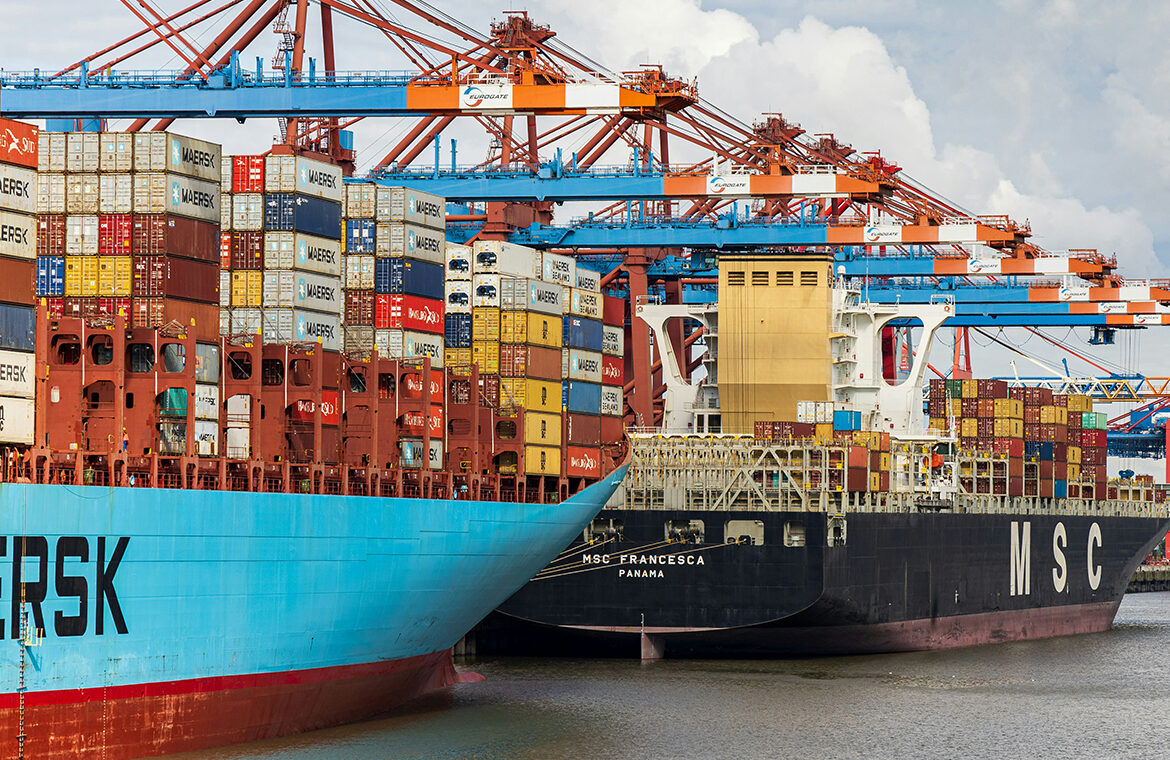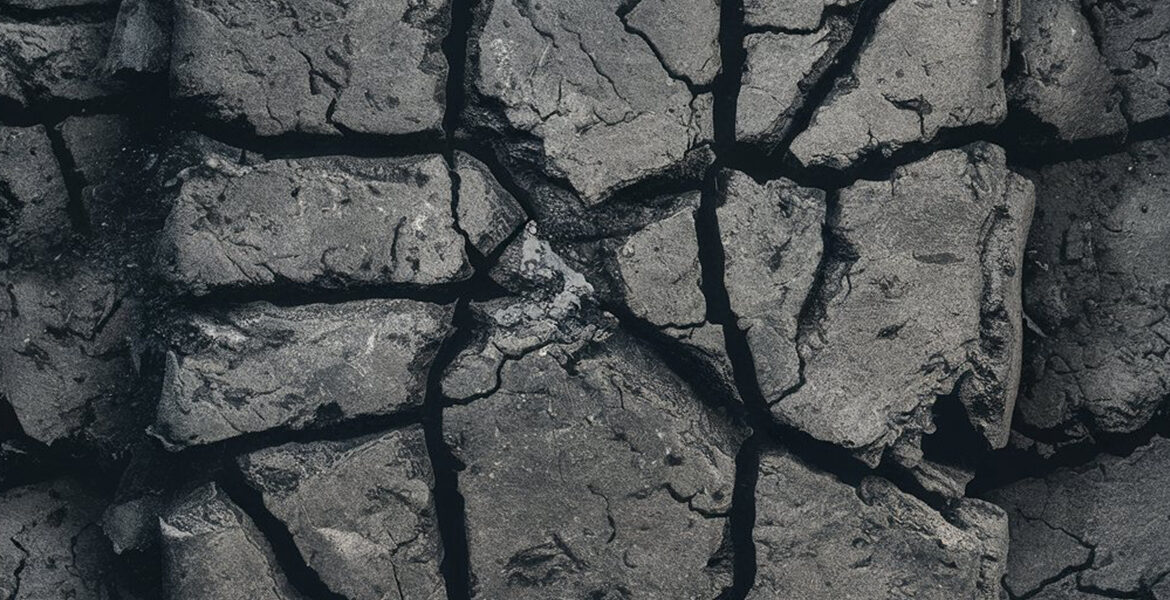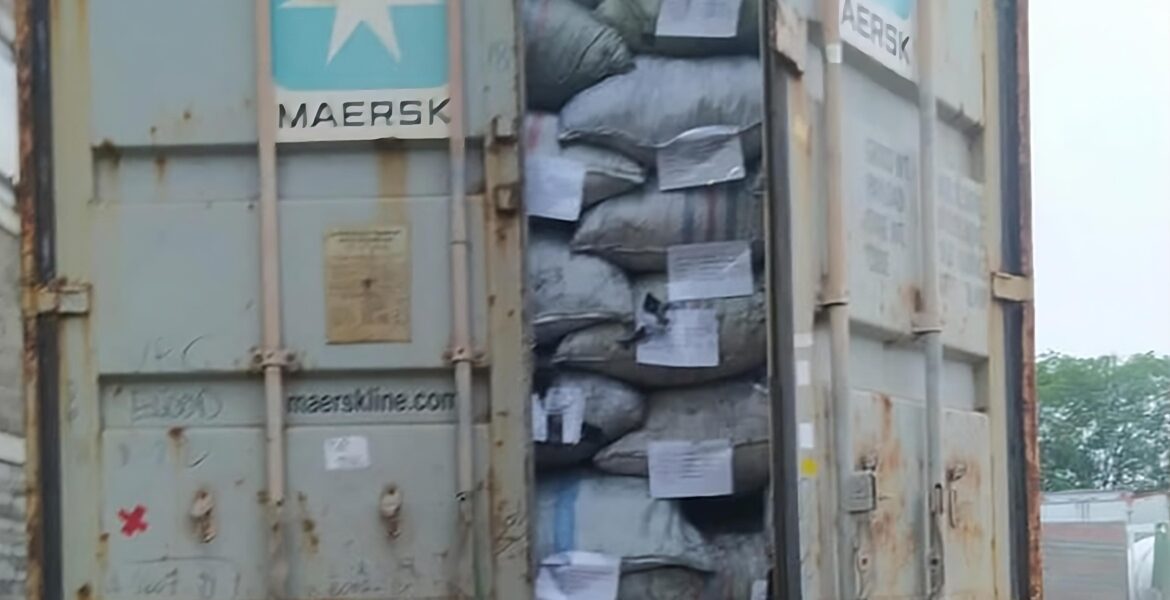In the world of hookah aficionados, the quality of charcoal can make or break the smoking experience. For those seeking the finest, Indonesian coconut charcoal briquettes stand out as a top choice. However, the journey from factory to hookah/shisha lounge is not as simple as one might think. Let’s delve into the logistics of shipping coconut charcoal briquettes from Indonesia to destinations around the globe.
Ocean Freight: The Only Option
When it comes to transporting coconut charcoal briquettes, ocean freight reigns supreme. Attempting to send these briquettes via air freight is not economically viable, with costs ranging from 2 to 15 USD per kilogram. This expense far exceeds the value of the goods themselves, making ocean freight the clear choice.
Container Requirements
Sending coconut charcoal briquettes via sea freight comes with its own set of requirements. Containers must be fully loaded with charcoal only, as mixing them with other goods is not permitted due to safety concerns. These briquettes are classified as dangerous goods (DG) and require special handling to ensure safe transport. As such, containers are stored in a designated secure area on vessels during transit.
Optimizing Container Space
To maximize efficiency, it’s recommended to forego the use of pallets when packing containers. Pallets can consume up to 15% of valuable container space, reducing the overall capacity for charcoal shipment.
From Factory to Port
The journey begins at our factory, where the process of preparing containers for shipment takes place. Staffing a 20-foot container typically requires 2 to 3 hours, while a 40-foot container may take up to 4 hours. From our factory to the port of Tanjung Perak in Surabaya, the transit time is approximately 6 hours.
FOB and CIF Options
We offer FOB (Free on Board) shipping, which includes arranging export documents in Indonesia, trucking to the port of Surabaya, and loading containers onto vessels. Customers have the flexibility to choose their preferred shipping line, though we can also provide recommendations based on our trusted partnerships. Additionally, CIF (Cost, Insurance, Freight) shipping is available in select cases, with insurance covered by us provided as a bonus.
Transit Times
Transit times vary depending on the destination and shipping schedule. Containers are typically transported to transshipment ports such as Singapore, Kelang (Malaysia), or Busan (Korea) before being loaded onto mother vessels for final delivery. Estimated transit times to various destinations are provided to help customers plan accordingly.
Booking in Advance
Booking a vessel in advance is essential, as it can take 1-3 days to select and confirm the shipping line. It’s important to note that not all shipping lines accept coconut charcoal as DG, and the cost of shipping DG is typically higher than standard rates.
Port Procedures
Upon reaching the port of Surabaya, containers undergo weighing and loading onto feeder vessels. These vessels transport containers to transshipment ports, where they are transferred to mother vessels for international delivery.
Conclusion
Shipping coconut charcoal briquettes from Indonesia requires careful planning and adherence to safety regulations. While ocean freight remains the primary mode of transport, customers have the option to choose FOB or CIF shipping arrangements. By understanding the logistics involved, both exporters and importers can ensure a smooth journey for this prized commodity from factory to hookah/shisha lounge around the world.
Credit
Featured Image by Dominik Lückmann on Unsplash



